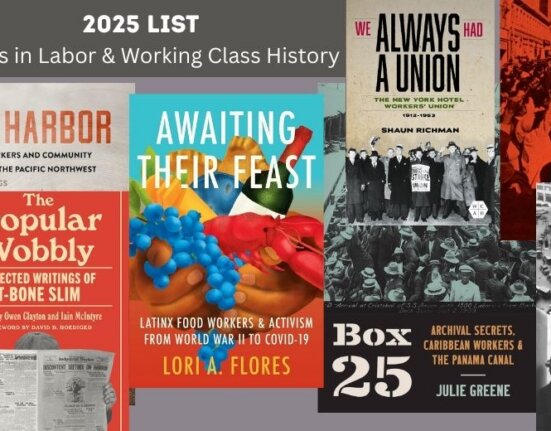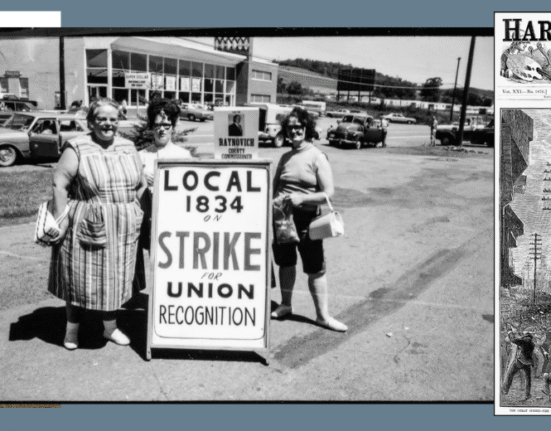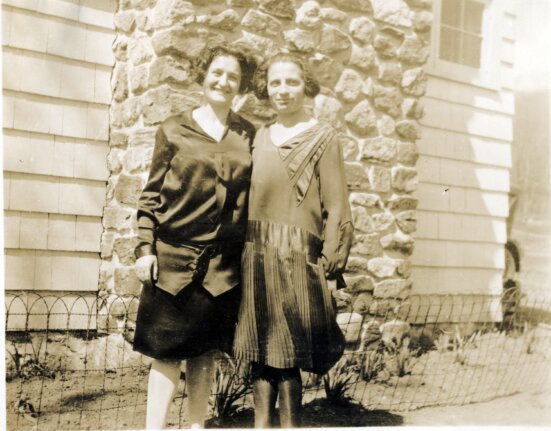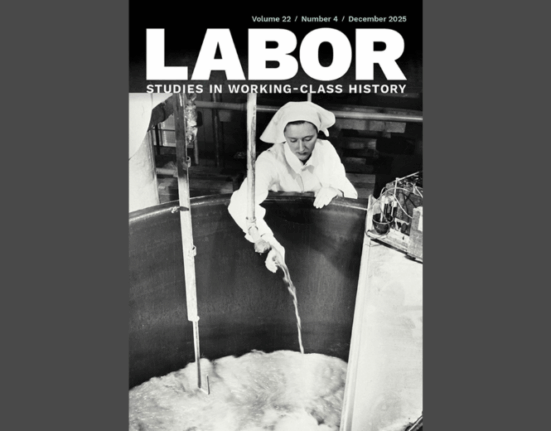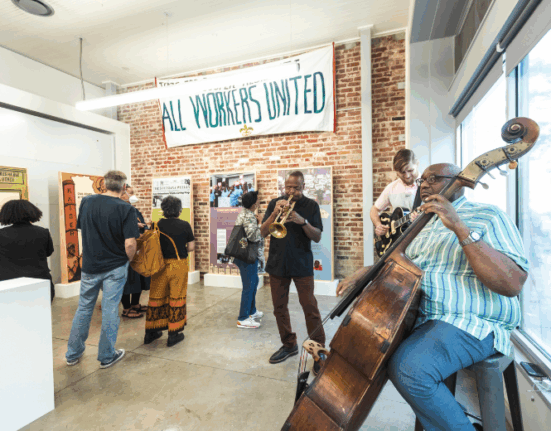The Labor and Working Class History Association (LAWCHA) applauds and endorses the Organization of American Historians (OAH) “Statement on Collective Bargaining and Part-Time, Adjunct, and Contingent History Faculty.”
According to the National Center for the Study of Collective Bargaining in Higher Education and in the Professions, roughly 25 percent of all college and university faculty in the United States were represented by labor unions in 2011. Studies of faculty collective bargaining agreements, and testimony from faculty who belong to labor unions, indicate that both tenure track and non-tenure track faculty benefit from participating in collective bargaining.
Collective bargaining improves shared governance for all faculty by increasing budget transparency, and by creating agreements over faculty salaries and working conditions that tend to be more specific and legally binding than faculty codes. (See Appendix)
The material benefits of collective bargaining are also significant. A 2012 survey by the Coalition on the Academic Workforce found that contingent faculty represented by labor unions have a median wage that is 25 percent higher than their non-union peers, as well as substantially increased access to health benefits, retirement plans, seniority rights and paid service. In addition, a study of collective bargaining’s impact on part-time lecturers has shown that it creates “better working conditions that structurally support educational quality.”
THEREFORE LAWCHA strongly encourages all faculty to exercise their right to bargain collectively with their employers, encourages other professional associations to support this right, and encourages colleges and universities to remain neutral when faculty discuss whether to join labor unions and which unions to join.*
APPROVED by LAWCHA Executive Committee December 11, 2016 after consultation with the Board of Directors
APPENDIX: TESTIMONY ABOUT THE USE OF COLLECTIVE BARGAINING TO SUPPORT SHARED GOVERNANCE
- Bill Lyne, former Western Washington University Faculty Senate President, current President of United Faculty of Washington State: “Campus Clout, Statewide Strength: Improving Shared Governance through Unionization”
- Michael Dreiling, President, United Academics of the University of Oregon: “United Academics: A New Faculty Union at the University of Oregon”
- Roundtable on Shared Governance at Rutgers University, 2016: Ann Gould, Chair, Rutgers University Senate; Karen Stubaus, VP for Academic Affairs and Administration; David Hughes, President Rutgers AAUP-AFT.
* At public schools where faculty have not been accorded collective bargaining rights by state law, LAWCHA encourages faculty to consider forming faculty associations to lobby legislators and employers in order to improve faculty working conditions and protect academic freedom.

